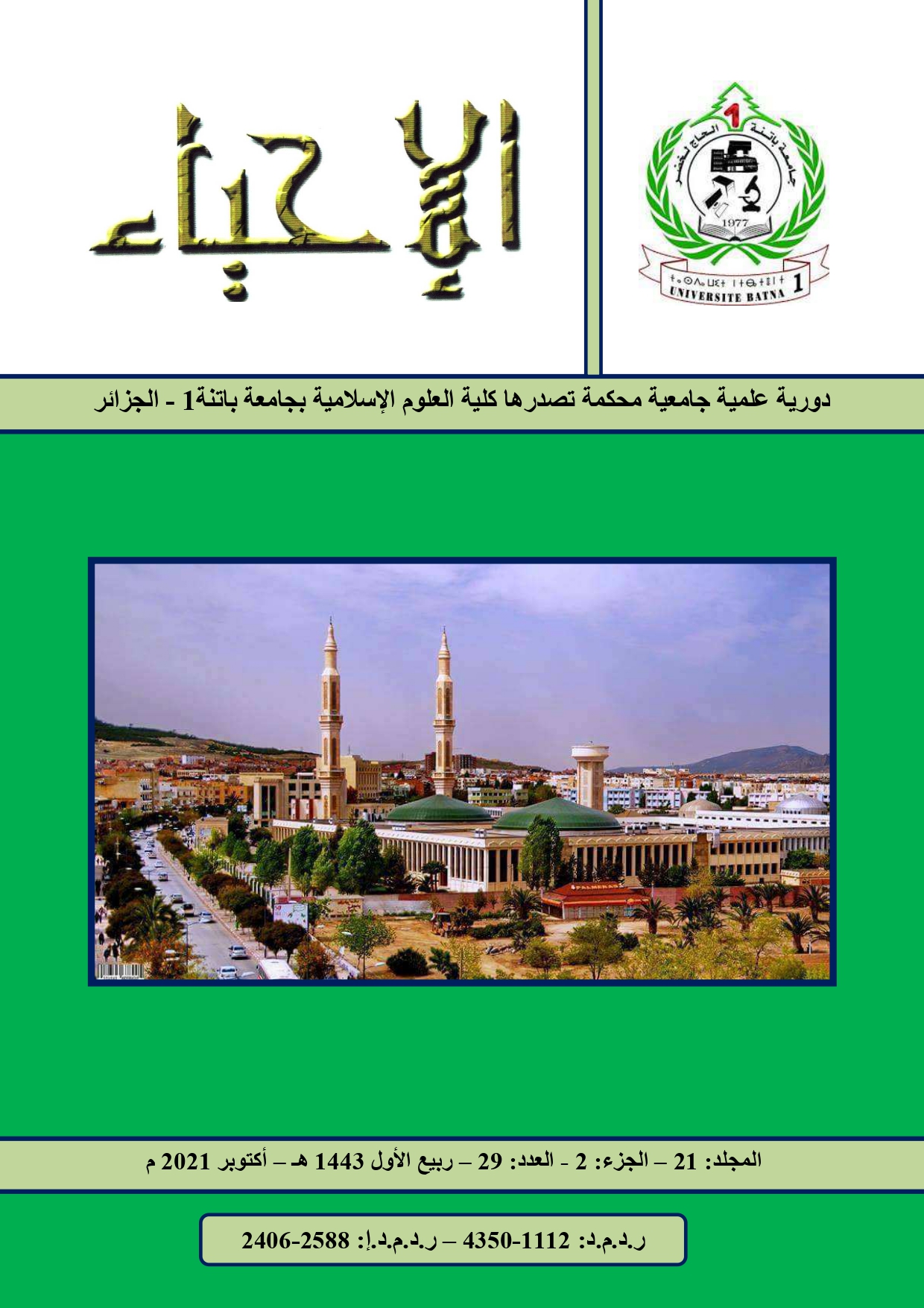The Role of Sociolinguistics in Dialectal Standardization from the Perspective of Variationist Method: An Epistemological Study in Concept and Type
DOI:
https://doi.org/10.59791/ihy.v21i2.592Keywords:
sociolinguistics, language/dialect, dialectal standardization, variationist method, linguistic discretionAbstract
This paper seeks to shed light on the role of sociolinguistics in standardizing dialects from the perspective of the variationist method and aims to uncover the different variations of the language formulated by the scholars through handling language as a social phenomenon, or rather linking the linguistic achievement to its social context. The dichotomy ‘standard language’ and ‘dialect’ has constituted the subject of numerous studies in the different branches of linguistics, and the definition of dialect in most of these studies has been limited to the spatial realm in which the dialect revolves, and being circulated by individuals belonging to the same linguistic community. However, this brings us to a single linguistic dimension that commands the dialect, which is the diatopic variation, and misses other crucial dimensions that enter in crystallizing it as well, brought by William Labov’s Variationist Method in the sixties of the 20th century, who tried to link speaking modalities to social variables, something that helped in establishing the concept of discourse and distinguishing it from the text in the later linguistic studies.
Downloads
Published
How to Cite
Issue
Section
License

This work is licensed under a Creative Commons Attribution-NonCommercial-NoDerivatives 4.0 International License.






